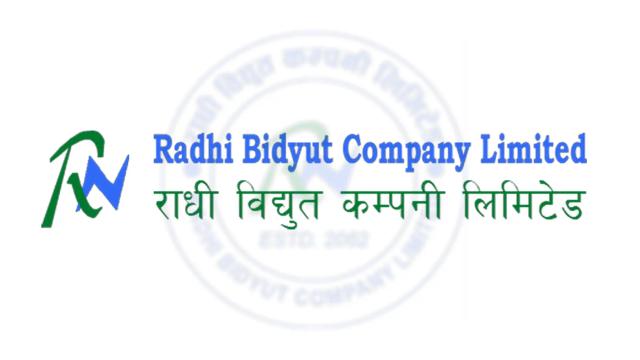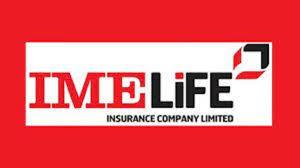What are ordinary, preference and bonus shares? How to deal in bonds?
Author
NEPSE trading

1. Common Share: A common share is a type of share issued by a company. After distributing profits to preference shareholders at a fixed rate from the company's earnings, the remaining amount is distributed as dividends, representing the final entitlement issued by the company, termed common shares. Investors who invest in common shares obtain ownership in the company in proportion to their investment. Due to the company's status, common shareholders bear more risks compared to preference shareholders. Analyzing the company's operations and other related matters, investing in common shares can yield high profits, but it also involves higher risks.
3. Preference Share: Preference shares are certificates tied to specific terms, rates, or changes determined by the company. Preference shareholders primarily have the right to receive benefits from the company's profits, but they may not have some other rights enjoyed by common shareholders.
4. Bonus Share: Bonus shares are additional shares distributed to existing shareholders when the company converts retained earnings or undistributed profits into capital, resulting in the capital being equal to the existing number of shares. Organized institutions distribute bonus share certificates to investors according to the board's directions, and this practice of crediting bonus shares directly to investors' accounts has begun as per the board's direction.
5. Debenture: A debenture is a type of bond or other debt instrument through which investors receive periodic interest payments from the issuing institution after a specified time. These debt instruments provide a fixed return or return at a certain rate on a specified date.
In summary, debentures are managed with the assistance of the debenture board.



